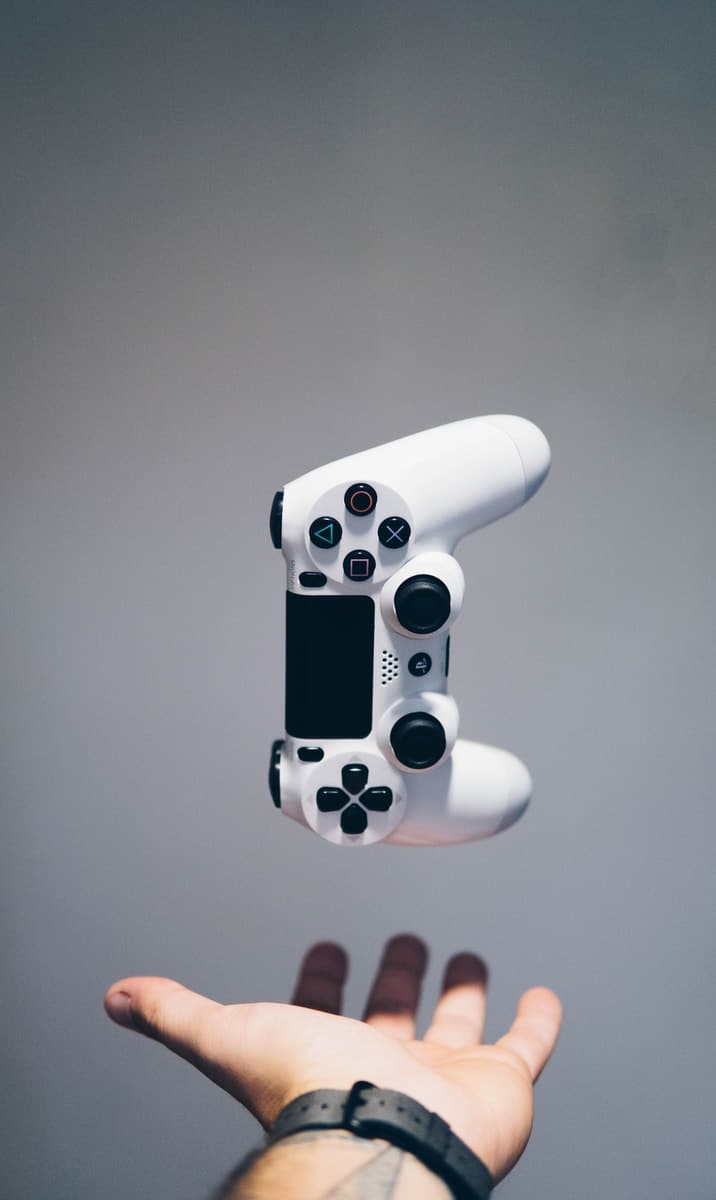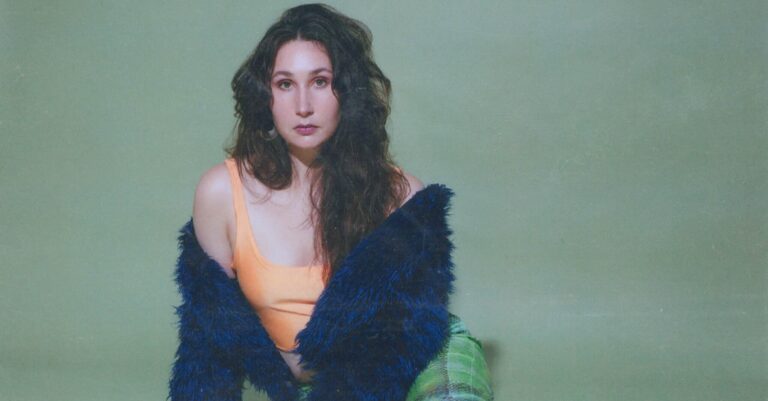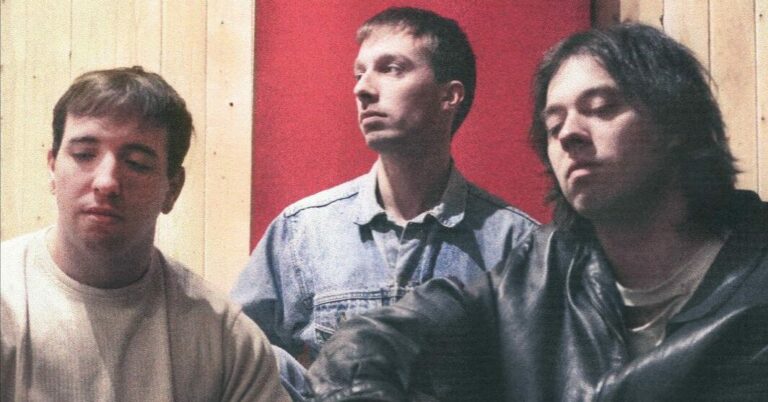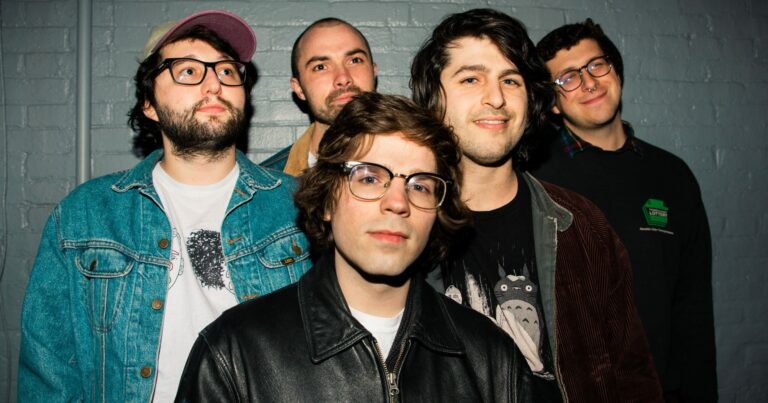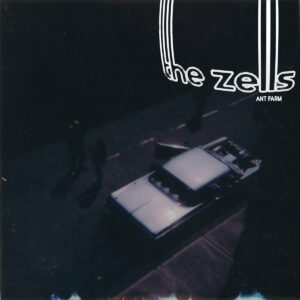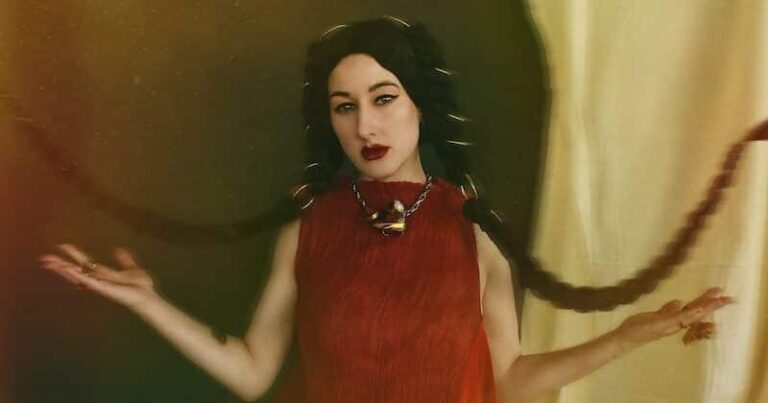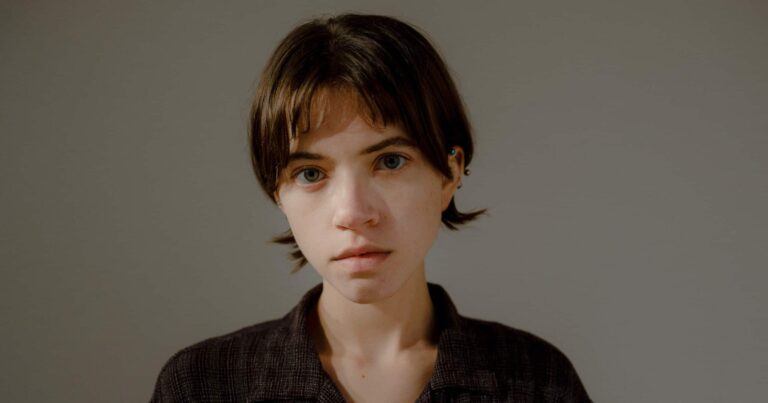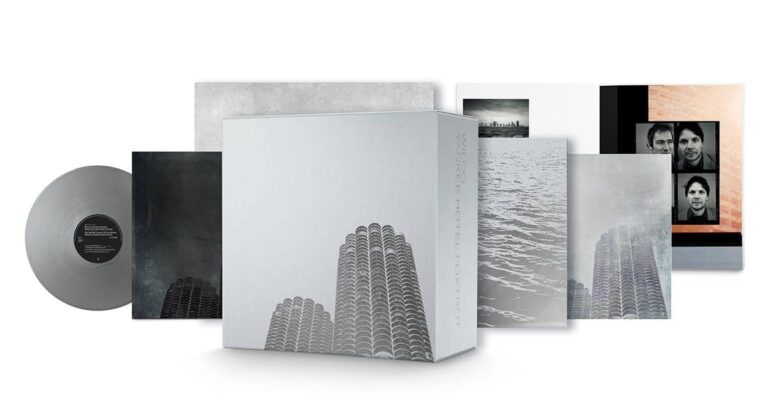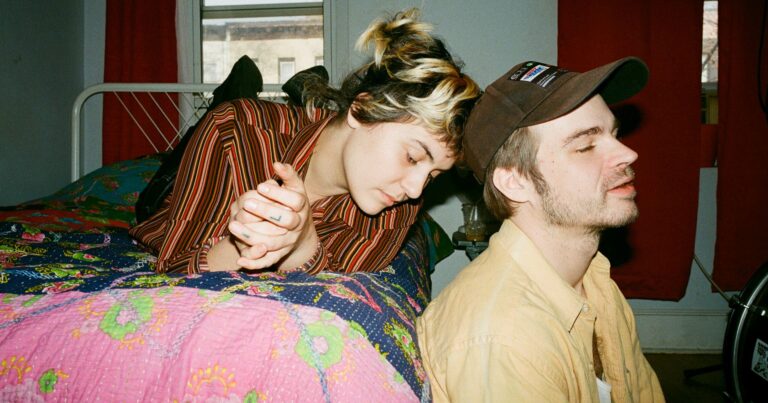If you’re wondering what the future of gaming looks like, then cloud gaming is probably your answer.
Billed as the new alternative to old-fashioned console and PC playing, this new way of gaming does away with all that hardware. Instead, players just need a quality, high-speed internet connection – made much more accessible through 5G – and a browser to play the latest games on the digital cloud.
With every leading gaming and tech corporation launching their own cloud service, there are many options to choose from. Here are five of the stand-out choices as we head into the spring of 2022. And if you’re looking for quality game servers go to these guys.
Xbox Cloud (XCloud) Gaming
The great thing about Xbox is the sheer variety of titles to play. Right now, it boasts over 100 video games in its selection, and this list expands every month.
It also has an adjustable pricing system depending on which region you’re in, so it should never be completely out of reach for consumers in any of its markets. You can get the first month for super-cheap, $1 or the equivalent of whichever currency you use, before the regular price kicks in. Also, you get an EA Play subscription thrown in as part of the deal.
Make sure you have a minimum internet speed of between 7 and 10 Mbps, though, as the complex games it runs can suffer lags. Also, the app on Windows 10 is known to get buggy at times.
Still, as offers go, the Xbox deal is right up there.
Shadow
Shadow doesn’t offer free trials like many of its rivals, but what it does provide is a premium service that allows you to instantly load your games from multiple digital platforms, including Epic, Uplay and Steam. It boasts a very low latency in most regions that it operates in, which is expected to include all of the United States by the end of 2022 as part of its expansion plans. This provides a smooth, lag-free gaming experience, providing you have an internet speed of at least 15Mbps.
That said, Shadow is very resistant to VPNs and proxy servers, so you may have a hard time using it if you’re based outside of the US. For the service to become one of the true big players, it will have to expand its scope before long.
For those who can use it, though, it’s very versatile in terms of software, being compatible with Windows, Android, iOS and MacOS, to name just a few.
Google Stadia
Google Stadia comes in two versions: a standard gaming platform that lets you instantly play games on the devices that you own; and Stadia Pro, a premium version that gives you free games each month, plus discounts and various support services. Pro comes with a month free trial, which has proved popular among gamers who enjoy the complementary games, even if just for 30 days.
The downside of Stadia is its limited game selection, which is a shame given the wealth of the company that runs it.
If you’re looking to go deeper into the world of cloud computing via Google, then Google’s Cloud Platform (GCP) is one of the most accessible platforms. In the last few years, it’s offered some tempting welcome offers to new customers: one included $300 free credit to spend on its services. It’s a tactic similar to the free bonuses in online casinos that are awarded to players for signing up, and has proved remarkably successful in both industries.
Vortex
If you’re a fan of multiplayer games like Doom and Fortnite Battle Royale, then Vortex’s $9.99 monthly subscription is probably your best bet. It includes 50 hours of gaming to use over its stock of almost 100 games, which you can add to when you buy its Pro and Ultra packages.
All its games come with automatic updates, too, so your gameplay is never interrupted, but you can choose to disable this if you prefer to read what’s in the update.
Vortex isn’t quite the finished article, though. Its desktop app isn’t great, and it doesn’t support the platforms mentioned earlier, like Steam and Uplay. Instead, you get a fixed library to choose from.
GeForce Now
GeForce may annoy people by limiting session times to one hour, but that’s because it’s one of the very few services to offer free membership. It also provides a range of attractive features to make up for it.
As well as a multi-platform integration, it has an unrivalled focus on graphics with its full HD 1080p video quality. The service also lets you choose from over 400 great games, on top of letting you access existing libraries.
You can also upgrade to ‘Founders’ membership, which supplies an ‘ultra-streaming mode’, extended sessions, reduced latency and priority server access. Customers outside of Europe and North America are presently excluded, which is a shame, but this could change as the service becomes even more popular.
